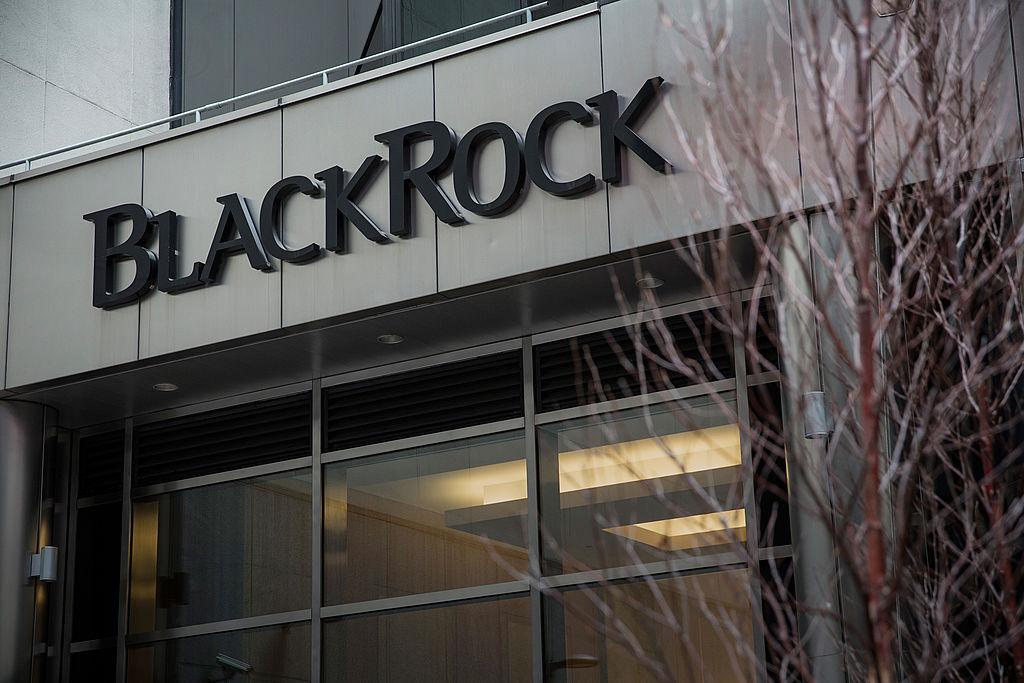BlackRock is closing a China-focused offshore fund amid congressional scrutiny over its alleged role in directing U.S. dollars to blacklisted Chinese firms.
In a recent letter to shareholders, BlackRock Global Funds Chairwoman Denise Voss said the world’s largest money manager will close the China Flexible Equity Fund over a “lack of shareholder interest” and the investment cost to keep the fund running, which she noted is “not in the best interests of shareholders.”





